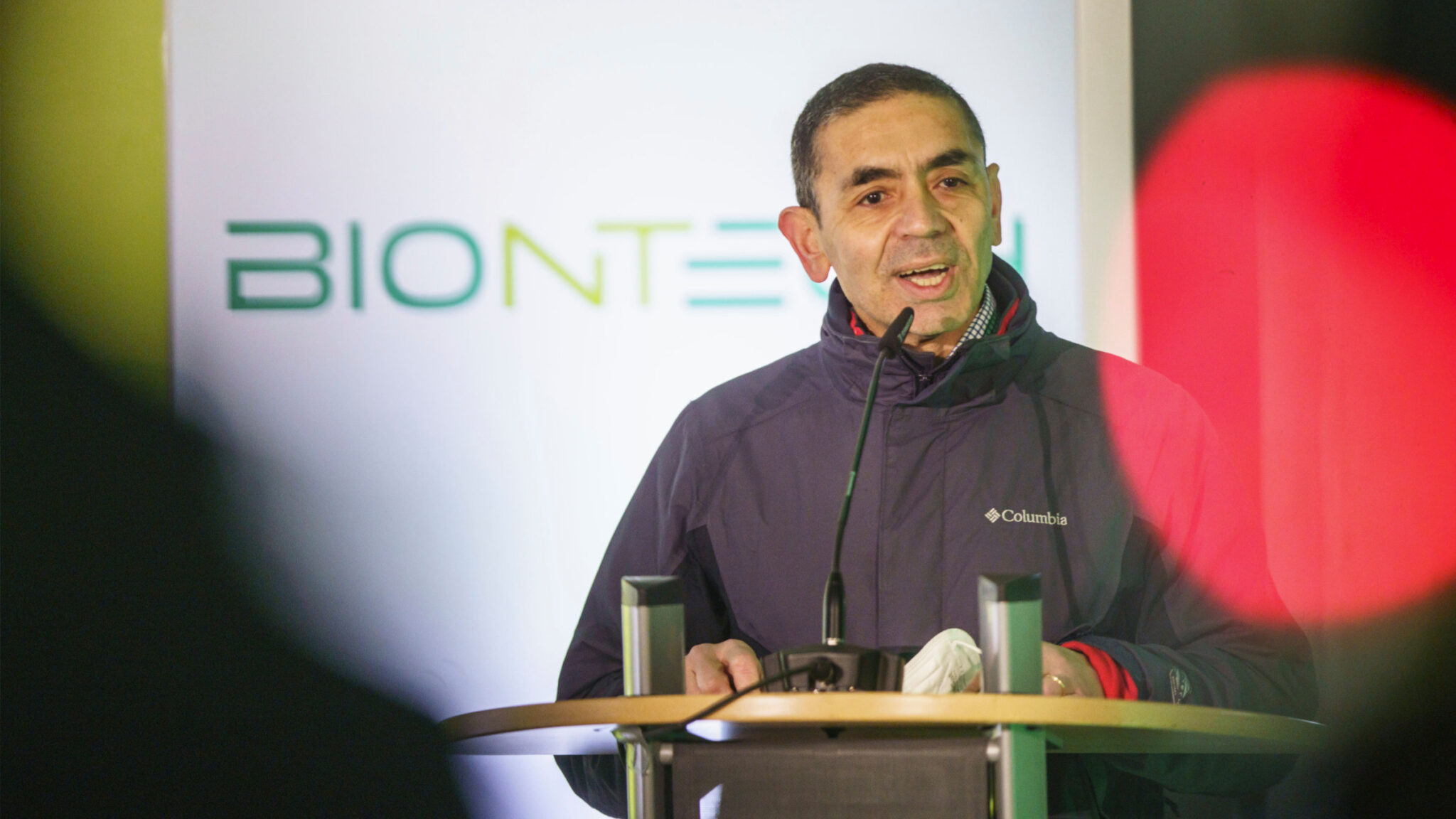
Will ‘original antigenic sin’ undermine Omicron boosters? New research suggests ‘no’
Moderna and Pfizer-BioNTech are now racing to develop Omicron-specific boosters, hoping to be ready if the new immune-evasive variant becomes dominant globally. But it wasn’t always clear that variant boosters could even work.
After the first Covid-19 vaccines were authorized and talk began of variants and next-generation vaccines, several vaccinologists raised concerns in the media and the scientific press about a potentially deleterious phenomenon that sounds as if it were born out of the Vatican’s immunology wing: Original antigenic sin.
Unlock this article instantly by becoming a free subscriber.
You’ll get access to free articles each month, plus you can customize what newsletters get delivered to your inbox each week, including breaking news.